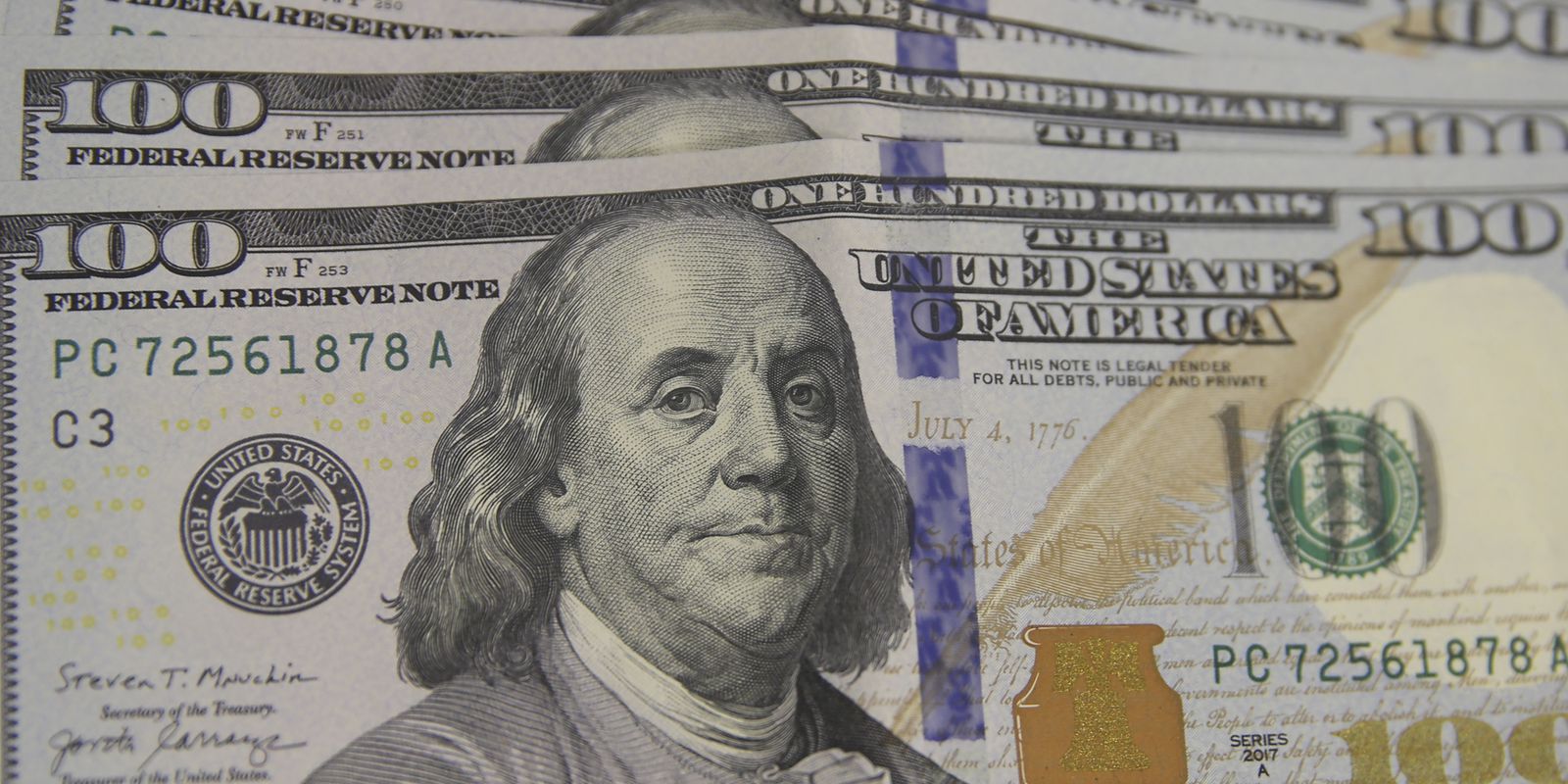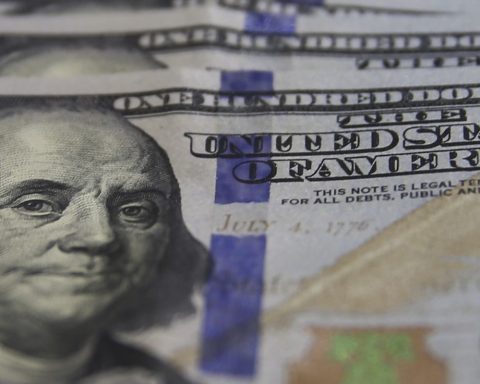The release of higher-than-expected inflation data in the United States (USA), caused the dollar to have a volatile day. The US currency closed stable, after approaching R$5.40 in the first minutes of trading. The stock market detached itself from the North American stock exchanges and fell for the fourth consecutive session.
The commercial dollar ended this Thursday (13) sold at R$ 5.273, with a rise of only 0.01%. At around 9:30 am, shortly after the release of consumer inflation in September in the United States, the price soared to R$5.37. In the following hours, it slowed down and even dropped to R$ 5.23 around 2:30 pm. The fall lost strength in the late afternoon, making the currency close stable.
The stock market also fluctuated a lot. The B3 Ibovespa index closed at 114,300 points, down 0.46%. At around 10:25 am, the indicator fell by 1.84%, but reacted in the following hours, driven by the recovery of US stock markets and by the international rise in oil, which benefited Petrobras shares, the most traded.
In September, consumer inflation in the United States stood at 0.4%, accelerating from the 0.1% recorded in August. The advance of the price index increases the chances that the Federal Reserve (Fed, US Central Bank) will keep interest rates high for longer than expected. High rates in advanced economies encourage capital flight from emerging countries such as Brazil.
Despite the inflation data in the United States, other factors reduced tensions in the financial market. First, US stocks rebounded from recent declines and closed sharply higher as equities became cheap. The Dow Jones Industrial Companies Index jumped 2.84%. The S&P 500, one of the largest companies, rose 2.58%. The Nasdaq of technology companies gained 2.18%.
Second, news that the British government might reverse tax cuts for the richest brought relief to the global market. The measure of the new prime minister. Liz Truss, was poorly received by investors and caused international turmoil.
At the same time, the rise in oil helped commodity-exporting countries (primary goods with international quotations). This Thursday, the barrel of the Brent type, used in international negotiations, rose 2%, to US$ 94. The intensification of tensions between Russia and Ukraine and the cut in supply by the Organization of Petroleum Exporting Countries (OPEC) supported the international price. from the barrel.
*With information from Reuters

















